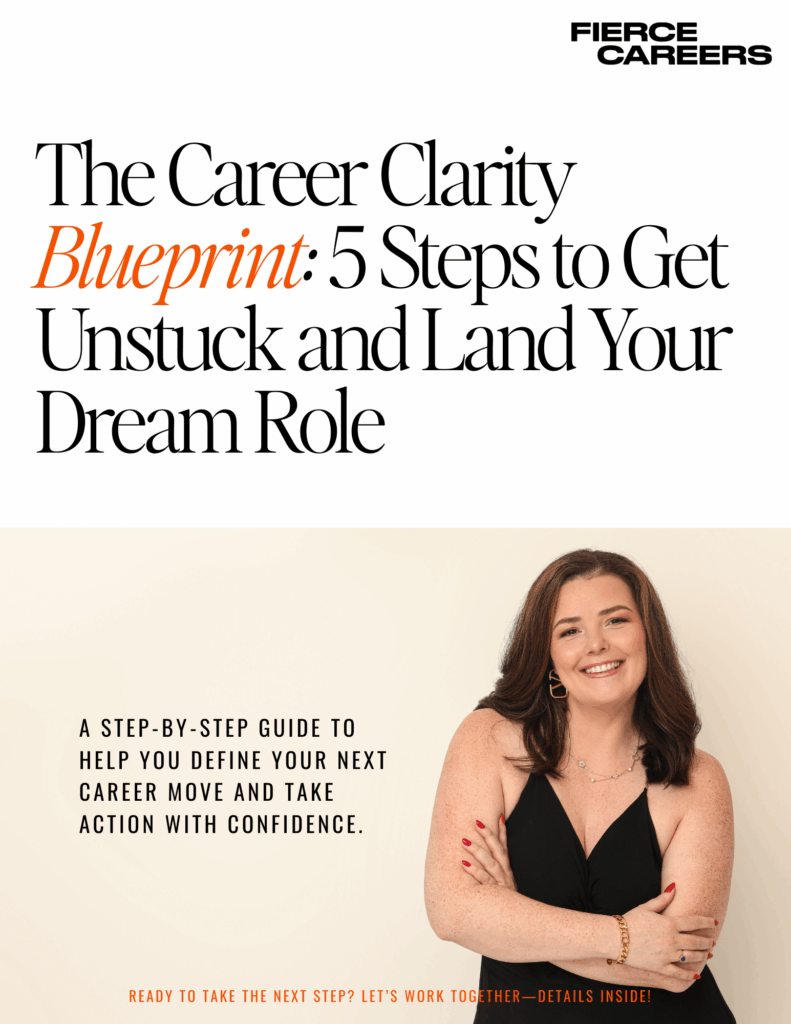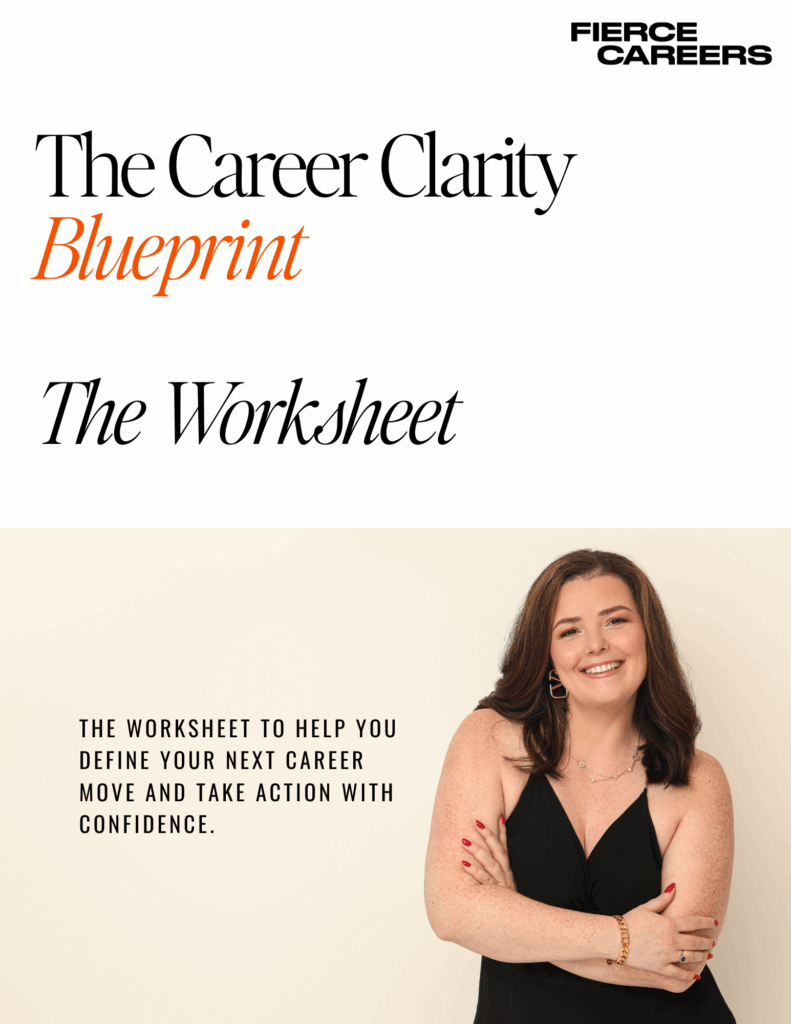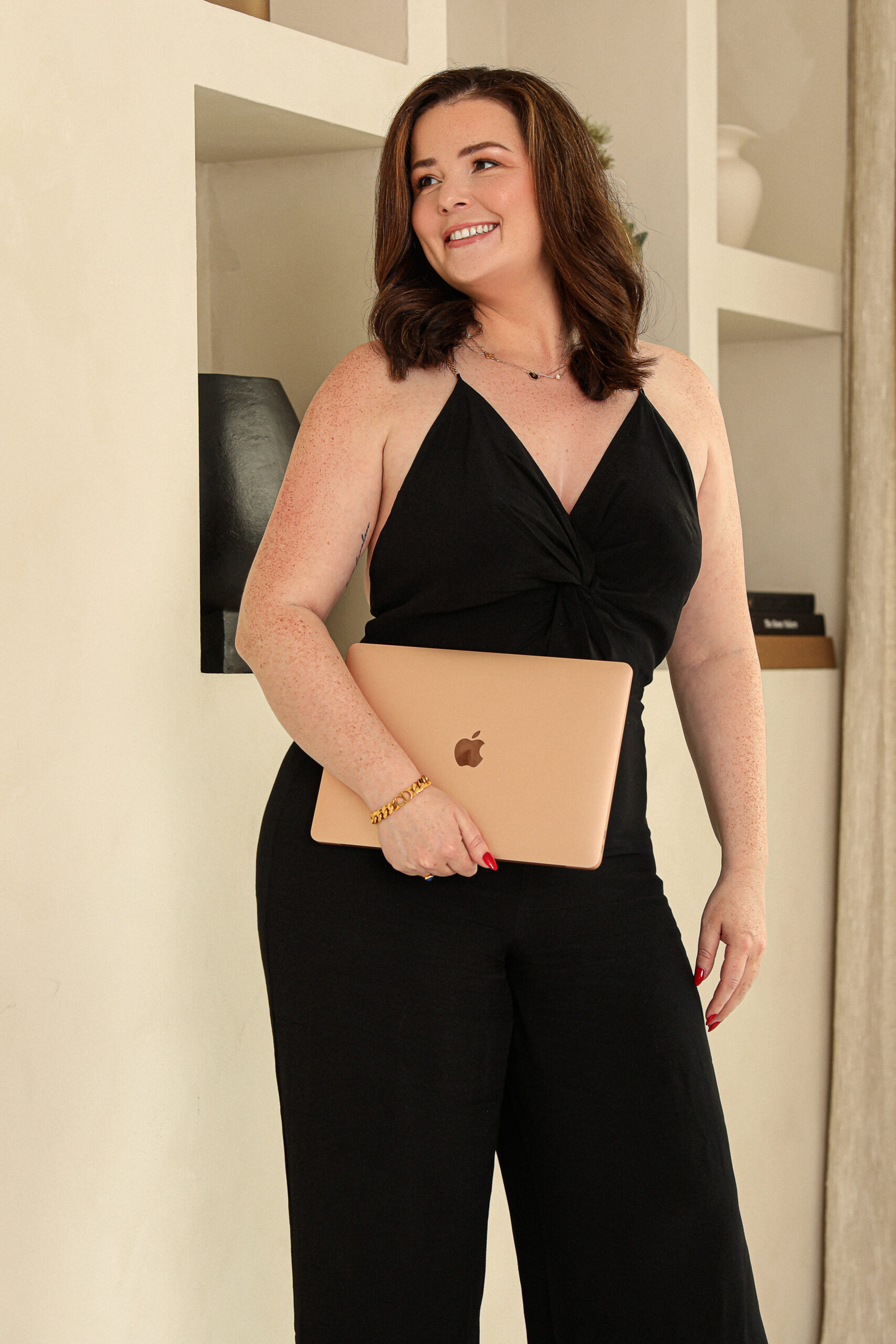Your job application isn’t just a formality – it’s your first impression. And most people are blowing it. Besides the fact that most women don’t use their personal brand, and they do the same thing as everybody else.. They also don’t do any more than what they need to.
FYI: I also recorded a podcast episode about this, if you don’t want to read but want to listen:
Why Most Job Applications Fail
Your job application isn’t just a formality—it’s your first impression. And most people are blowing it.
Let’s first discuss that I would never solely focus on just sending out job applications. You’ll have the biggest chance getting your foot inside the door, by networking. But I definitely wouldn’t stop completely with applying to existing jobs. But when you do, make sure that it’s a job that completely aligns with your goals and values. And when you find a vacancy like that, give that application your ALL. If you just send in a generic resume.. Congrats, you just blew that applications.
Sounds harsh? Maybe. But here’s the truth: recruiters and hiring managers are flooded with applications every single day. If yours looks like everyone else’s – generic, vague, or full of “responsible for” statements – it’s going straight to the “no” pile.
You’re not invisible because you’re not capable. You’re invisible because you’re not showing up the way you need to.
What I see constantly as a recruiter: generic resumes, resumes that don’t tell me who you are at all – after reading it I still have no idea. And if people add a cover letter – which is a big IF these days, it’s what I call a brag letter and you might as well just not waste your time on that. Applications are never tailored to the role, and that’s how we see.. You don’t want to work here, you don’t want this role. You just want A job, and you don’t care which one. Let’s be real for a second. If you’re dating, and the other person gives you the idea that they don’t really care about you, they just want a girlfriend. That’s a big no, right? (I hope) – So why would it be any different with job applications?
Common Mistakes in Job Applications
Before we fix your application, let’s call out the most common mistakes:
- Generic resumes that could be sent anywhere.
- Cover letters with no clear focus, often repeating the resume word-for-word.
- Zero tailoring. Just a copy-paste job that shows no connection to the company.
The result? Silence. No interviews. And a whole lot of self-doubt.
But standing out isn’t about sending more applications. It’s about sending the right ones.
Use the RPQ framework
For every strategy, there’s a framework. Without a framework, there’s no strategy.
What RPQ stands for:
Research
Doing your research is so important, that I’ve created a whole workbook for that for my coaching clients. Because it’s important to know how to look at a vacancy, and analyze it while taking out the important information. After you take out all the information that’s needed for the role (requirements, benefits, growth opportunities, responsibilities), it’s time to take a good look on their website. What are their values? What is their mission?
So before updating your resume, dig into the company’s mission, values, and culture.
- Check their website for language you can mirror.
- Review their LinkedIn posts to understand tone.
- Look at press releases or blogs to see what they’re proud of.
When you align your application with what they care about, it stands out instantly.
Personalization
Each resume and cover letter should feel custom-made for that role.
- Highlight only the most relevant achievements.
- Use the company’s own keywords from the job description.
- Write your cover letter like a business case, not a diary.
When a hiring manager reads your application, they should think: “She gets us.”
Quantify Achievements
Hiring managers love numbers because they prove impact. Instead of listing tasks, show outcomes.
❌ “Responsible for onboarding new hires.”
✅ “Streamlined onboarding program that reduced ramp-up time by 30%.”
Numbers make you memorable, and memorable gets interviews.
If you’re thinking, “But I don’t even know how to put my unique value into words…”, you’re not alone.
That’s why I created the Career Clarity Blueprint, a free guide (with a free worksheet) to help you uncover your strengths and position yourself as the perfect candidate.


👉 Grab your free Career Clarity Blueprint here
Because you deserve to be noticed. And with the right strategy, you will be.





Read the Comments +